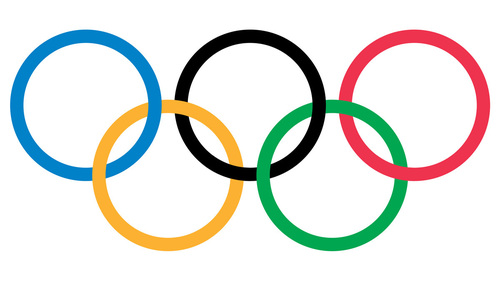
Organizers of the 2020 Tokyo Summer Olympics announced March 20 (Saturday) that international spectators will be barred from attending in an effort to reduce COVID-19 risks.
The pandemic has increased the level of difficulty in the already Herculean task of hosting the Olympics, and this announcement will add to massive overall expected losses, according to Richard Sheehan, professor emeritus of finance at the University of Notre Dame’s Mendoza College of Business.
“The Tokyo Olympic Committee has been faced with a string of difficult decisions,” said Sheehan, who specializes in sports economics and is the author of “Keeping Score: The Economics of Big-Time Sports.” “The first was simply whether or not to move forward with the Olympics. From a financial perspective, the choices were straightforward. If they had canceled, they would have lost virtually all expenditures on venues and infrastructure. The initial estimate of total costs was $12.6 billion with the expectation for the games to break even.”
Sheehan said that pre-Olympic expenditures typically run about 60 percent of total costs, which indicates not holding the Olympics would generate a loss of about $7.5 billion for the Tokyo Olympic Committee.
The 2020 Games were postponed to 2021 due to the pandemic, and the Tokyo Olympic Committee has estimated that the one-year delay increased costs by $2.8 billion to $15.4 billion.
“While ticket sales will be substantially reduced with foreign visitors banned, ticket sales are far from the largest revenue source,” Sheehan explained. “Domestic sponsorships typically are the largest revenue source, followed by worldwide television revenues and international sponsorships. They likely total about $8.2 billion. If there was zero ticket revenue, the expected loss would total $7.2 billion. While the Olympic Committee reasonably expects to lose money, they will lose less by running the Olympics than canceling — $7.2 billion vs $7.5 billion. Any money they do receive from ticket revenues is simply gravy that reduces their overall loss.”
Aside from financial challenges, COVID-19 has increased the level of difficulty of hosting the Olympic Games in many other dimensions.
“Reduced seating capacity at most venues, social distancing for staff and complicated food delivery options are among them,” Sheehan said. “The experience of athletes in the Olympic Village likely will differ substantially from prior years as athletes try to maintain a safe bubble. Add to that Japan’s slow rollout of vaccinations and polls showing the overwhelming majority of Japanese disapproving of holding the Olympics — these factors further complicate organizers’ goals of safely conducting the Olympics.”
This year’s Olympics will likely differ dramatically from prior games. Some competitors may not be willing or able to participate, the stands are unlikely to be filled and the pageantry may be muted. But Sheehan said simply holding the games should be viewed as a tremendous win for Japan and the world as the Olympic Committee shoulders the challenge of providing safe arrangements for some 18,000 athletes, coaches and trainers while ensuring the Olympics does not become a superspreader event. But Sheehan said perhaps even trickier is reconsidering how to present the games to the world.
“When postponed last year, the opening and closing ceremonies were likely already completely choreographed,” he said. “The challenge now is how to reboot both. Can they capture the struggle we have all experienced and put the games in the context of that struggle? My guess is they originally planned for the opening ceremony to showcase Japan, its people and its culture, just as other countries have done before. They could still opt for that approach, but I think they would be wise to adopt a more general theme of hope and the commonality of our struggles.”
Contact: Richard Sheehan, rsheehan@nd.edu
